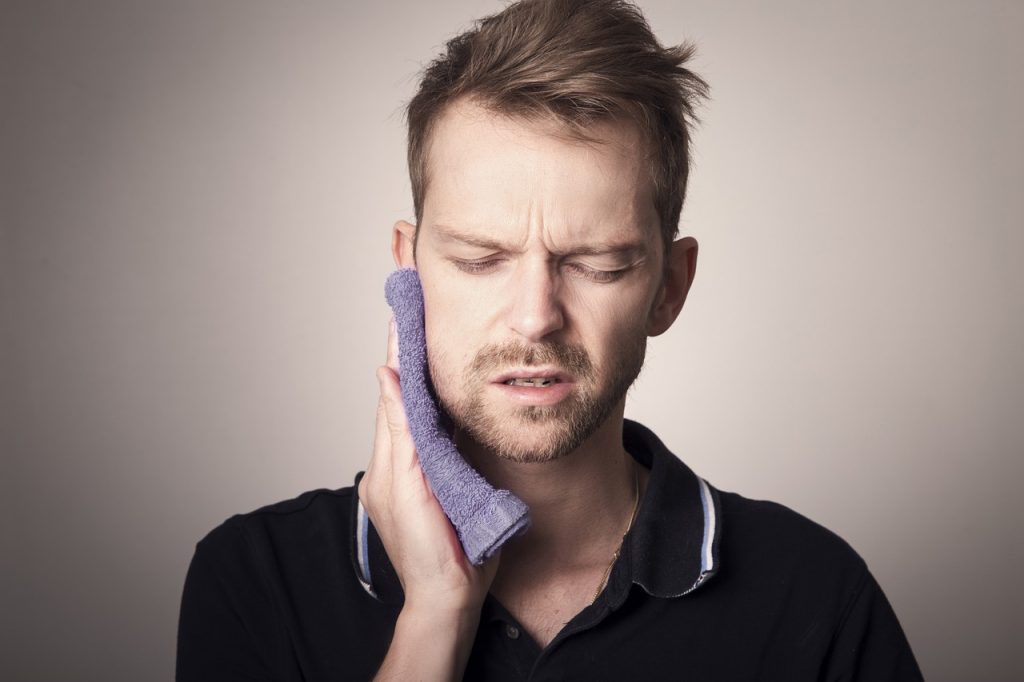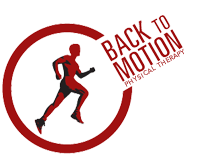The symptoms of TMJ have the potential to go away on their own as long as the underlying cause of the issue is addressed. It’s possible to be free of TMJ for good with the right treatment.

How Long Does It Take for TMJ to Go Away?
If one experiences TMJ symptoms, those will usually resolve themselves within a period of three weeks or less. Unfortunately, if the symptoms occur as a result of an underlying condition – such as any type of arthritis or bruxism – the pain and discomfort associated with TMJ disorder could last for several months and even many years.
It all depends on how severe the underlying condition is, overall. If it is highly severe, the symptoms may last years. If not, it could last months. As the underlying condition progresses, the length of time one suffers from TMJ disorder will also lengthen.
What Will Happen if TMJ Goes Untreated?
TMJ disorder is not considered to be a disease that is life-threatening; however, if not treated properly, it could contribute to the development of severe tension and high levels of discomfort.
The pain associated with TMJ disorder may be so intense that the sufferer actually develops anxiety and even depression.
If one develops anxiety and depression, it could lead to other physical, mental, and cognitive issues such as fatigue, increased pain in the body, and even a suppressed immune system.

Can I Get Rid of TMJ Permanently?
Yes, it is possible to get rid of TMJ symptoms permanently. There are several treatments that have proven to be highly effective for sufferers; however, physical therapy is the most productive.
Sufferers may engage in stretching exercises that are designed to relax the muscles in the facial area.
If teeth grinding results in TMJ discomfort, a mouthpiece may be placed over the teeth at night to prevent this action. Misaligned teeth bites may cause TMJ discomfort. In this instance, a small adjustment to the bite may help.
In rare cases, TMJ discomfort may stem from structural defects that occur in the jaw. Surgery to correct this may help get rid of TMJ permanently. Again, though, physical therapy is considered to be the most productive of approaches.
What is TMJ Disorder?
TMJ disorder which is commonly referred to as simply “TMJ” actually refers to a wide range of conditions that negatively impact the TMJ joints, the muscles in and around the jaw, as well as the facial nerves. The symptoms associated with the issue may happen with the mouth opens, closes, or moves in a side-to-side motion. It is said to affect more women than men. Most consider it to be the most common of all chronic-based face pains that are non-dental in nature.
What Are the Symptoms?
The symptoms of TMJ disorder vary from one person to another. The following outlines a very broad list of symptoms. The disorder may impact each person differently.
A sufferer may experience all symptoms or just a few symptoms. It all depends on the underlying cause of the condition and the severity to which it is experienced:
- It is common to have pain near or even in the ear.
- Many may suffer from neck pain and/or headaches.
- The jaw and/or the muscles in and around the jaw may become very tender.
- Pain in and around the jaw may be experienced when chewing, biting down, or even when yawning. The pain is more common in the morning hours or in the late afternoon/evening hours.
- It may prove to be very difficult to open and close the mouth.
- When opening the mouth, the sufferer may notice sounds that resemble pops or clicks.
- Many may suffer from high levels of sensitivity in the teeth.
What Causes TMJ Disorder?
While many that suffer from TMJ disorder may never uncover the cause behind the condition, medical professionals agree that the following most often results in the development of this condition:
- A Misaligned Bite in the Mouth
- The Dislocation or the Injury of the Jaw
- Arthritis
- High Levels of Stress
- Bruxism (Clenching or Grinding the Teeth)
What are the Home Remedies for TMJ Disorder?
In addition to physical therapy and other treatments that are currently available, there are many home remedies that may prove to be successful for those seeking relief from the symptoms of TMJ disorder. These include:
- If you experience high levels of stress in your life, you should schedule time to relax.
- If pain is severe, you may place an ice pack on the area where the most pain is occurring.
- Resting the jaws may help relieve the discomfort of TMJ disorder. Simply avoid food products that result in an immense amount of chewing power. Examples of these include chewing gum, tough meats, raw vegetables, and candies that are very sticky.
- Anti-inflammatory medications may reduce swelling and pain that occurs in and around the TMJ joints.
- If you take an anti-inflammatory, you may be able to place a heating pad on the affected area approximately 45 minutes later to help in reducing the symptoms of the TMJ disorder.
How Does Physical Therapy Help TMJ Disorder Sufferers?
If you are in search of a holistic strategy for coping with the symptoms of TMJ disorder that does not require the use of over-the-counter and/or prescription medications, physical therapy is the answer.
First, you will be thoroughly examined. The neck, the shoulder region, and the thoracic area of the spine will be evaluated. The physical therapist will be able to determine the cause of your condition by the end of the evaluation. This is necessary so that the practitioner knows what part of the body to address.
Immediately thereafter, a care plan will be created especially for you. Each sufferer typically has unique needs and a unique cause of their TMJ disorder so a care plan must be carefully crafted for each individual.
Physical therapists are patient-centric. Each works to ensure that they are committed to your health and unique situation. These individuals will work hard to help you manage and even completely eliminate your TMJ disorder systems. There is absolutely no reason to continue suffering from the pain and debilitation of TMJ disorder.
Back to Motion Physical Therapy
We here at Back to Motion Physical Therapy and personally and professionally committed to providing the absolute best care for your needs. We practice all of the newest approaches and treatments in the physical therapy industry. Best of all, we do it in an environment that is personalized to give you the individualized care that you want and deserve. Our goal is to provide a comprehensive care plan that will aid in your healing and provide an instant boost to your overall health.
Our multi-system evaluation places an emphasis on muscle imbalances, the mobilization of your joints, the soft tissues of the body, and the unique dynamics of your neural pathways and neurological system. This is necessary to rehabilitate you back to health. We offer many services and classes. Examples include dry needling, balance training, the antigravity treadmill, SmartFit technology, TRX, Tai Chi. There are many services and solutions available for TMJ disorder sufferers.
We offer the most comprehensive services for patients at the most competitive prices. If you are ready to eliminate the symptoms and discomfort of TMJ disorder, we are ready to help you! To learn more, contact us today by calling.
